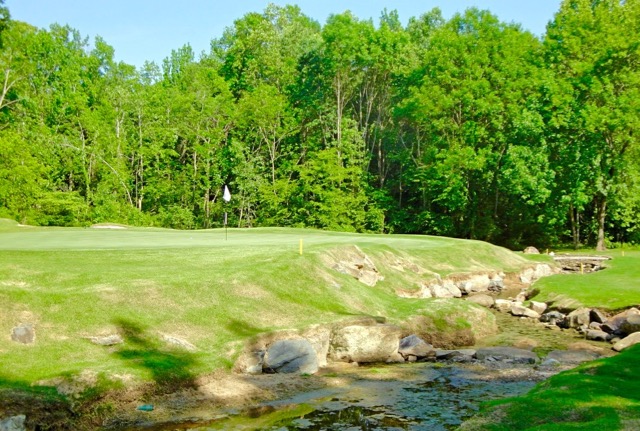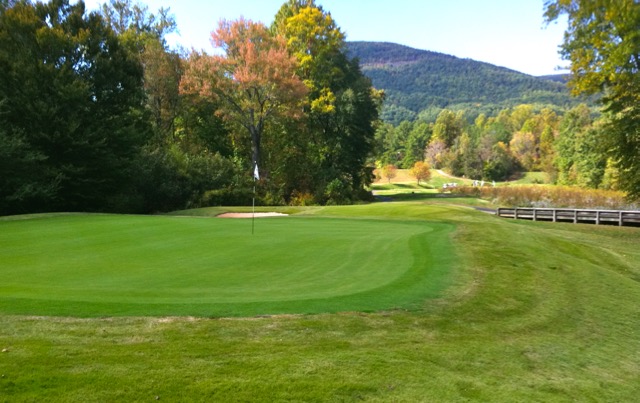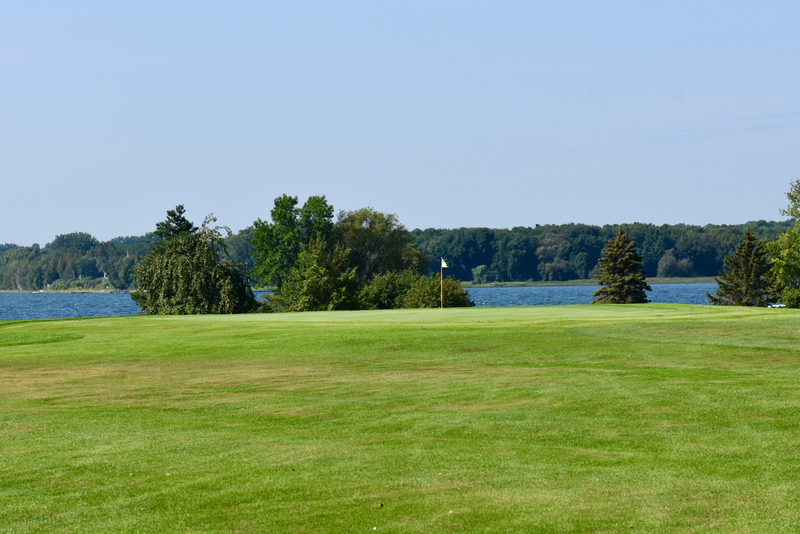I could have no trouble recommending enthusiastically most of the more than 150 golf communities I have visited and reviewed over the last 10 years. After all, developers don’t invest in a multimillion-dollar enterprise to fail, although some indisputably do a better job of development than others. To anyone or any couple interested in moving to a golf community but not sure of where that community should be, the choices are dizzying. If it is mandatory to be close to a city or be able to play multiple golf courses under one membership or enjoy mountain or ocean views from the golf course, then the choices narrow.
However, as I have found, each community is special in its own way, and those differences could make the difference between choosing one community over another. In the July issue of my free monthly newsletter, Home On The Course, I plan to include a list of communities that display “something special.” As a preview, here are a few that stand out. (Click here to subscribe to our free monthly newsletter.)
Treyburn, Durham, NC
Those with even a passing knowledge of college basketball know that perennial powerhouse Duke is located in Durham, and that means Treyburn residents can take advantage of continuing education courses on one of the most beautiful campuses in America, as well as watching big-time collegiate athletics. Treyburn’s Tom Fazio golf course threads its way through the community, its sculpted fairways winding through trees and over streams and distracting attention from the homes beside the layout. But it is the club membership itself that makes Treyburn special, especially for serious golfers who don’t mind a little bit of travel to play some of the best layouts in the Southeast. That is because Treyburn is one of a dozen clubs in the McConnell Golf Group collection in which membership in one club confers privileges at the others, which range from the mountains (e.g. Asheville Country Club) to the coast (The Reserve at Pawleys Island). Nearby Raleigh Country Club, designed by the famous Donald Ross, and Hasentree, another Tom Fazio gem, are within a half-hour’s drive, essentially giving Treyburn members three top courses within easy reach for the reasonable price of one. Treyburn Country Club
Treyburn Country Club
Wintergreen Resort, Nellyfield, VA
I don’t know of a community better suited to active adults than Wintergreen, which is both a resort and year-round residential community. The 45 holes of exceptional golf designed by Ellis Maples and Rees Jones are special enough, and the fact that a community geographically in the Southeast region maintains an active and popular ski operation just a couple of hours from Washington, D.C. qualifies as unique. But for me, the truly special aspect about Wintergreen is that, on any given day in January, you could very well ski in the morning and play golf in the afternoon. That is because the Rees Jones 27 holes are located in the valley below the mountains and ski lifts, and when it is freezing at 3,500 feet it can be sweater weather down below on the golf course. This weather anomaly occurs just often enough to qualify Wintergreen for “special” status. Wintergreen Resort (Jones Course), Nellysford, VA
Wintergreen Resort (Jones Course), Nellysford, VA
The Reserve at Lake Keowee, Sunset, SC
Back in the ‘90s and early ‘00s, the group of communities known as The Cliffs was the big gorilla among golf developments in the upstate area of South Carolina, and The Reserve was fighting for attention. Formed by a small group of local professionals with the good sense to call in a professional management team from startup, The Reserve boasts lots of special characteristics, such as its tournament ready Jack Nicklaus golf course, the crystal clear lake along its edge, and a large and comfortable craftsman style clubhouse atop a 200-yard lawn that sweeps down to the lake and community pools. But you have to be in The Reserve clubhouse on a cool autumn evening when Clemson University’s vaunted football team is playing an away game to understand the special spirit that happily infects the community. If it were a home game, many of The Reserve’s residents would make the 25-minute drive, but in the clubhouse when the Tigers are away, it might as well be a home game, given a boisterous crowd festooned in Tiger orange. Retiring couples from Syracuse, home of the Orangemen, should not consider tossing their shirts and pom poms before a move to The Reserve. Reserve at Lake Keowee, Sunset, SC
Reserve at Lake Keowee, Sunset, SC























